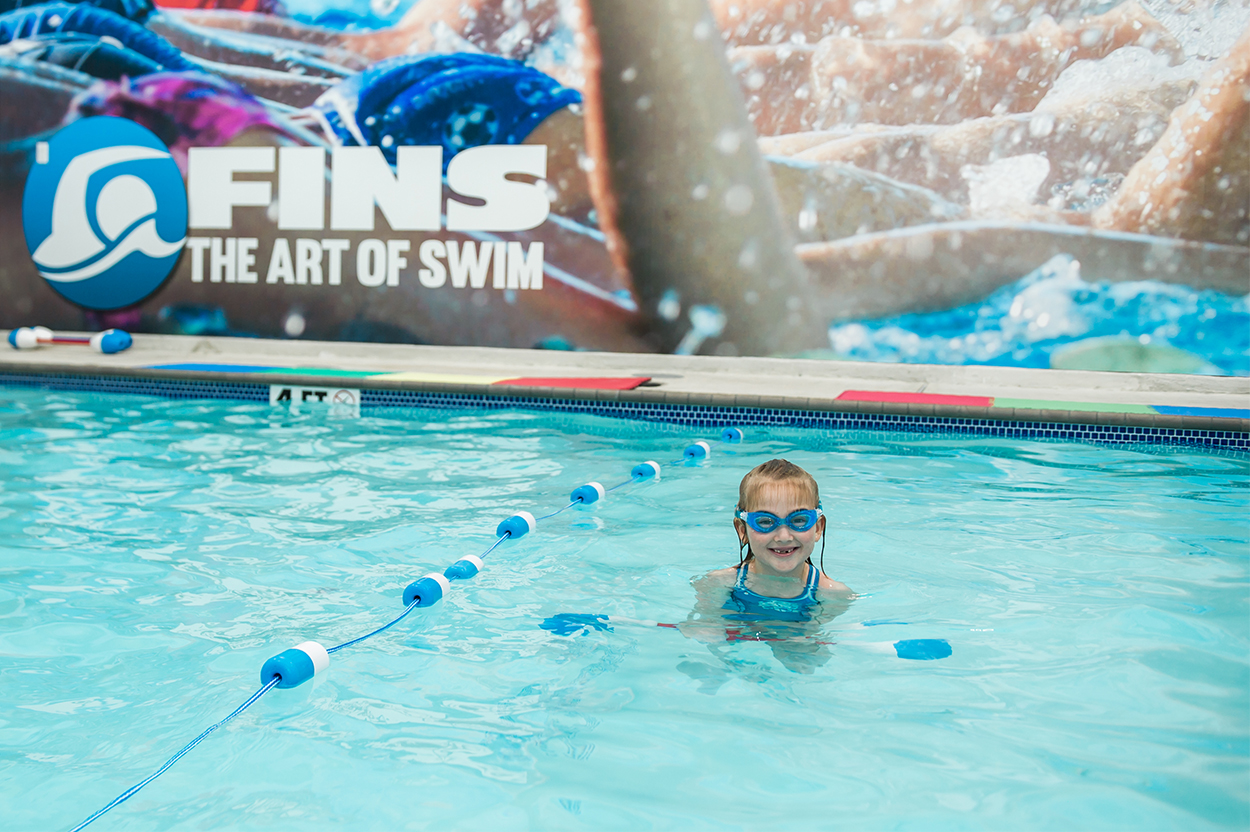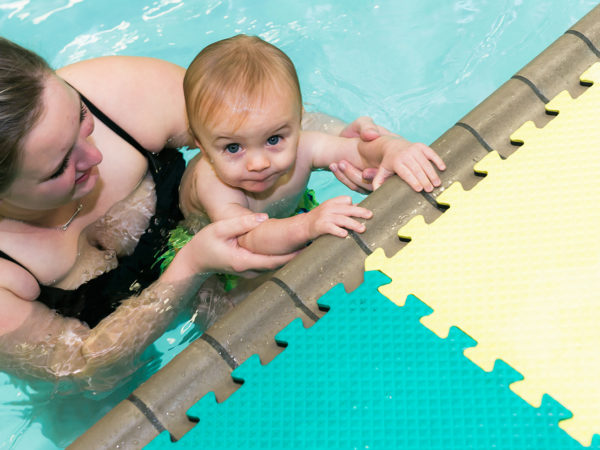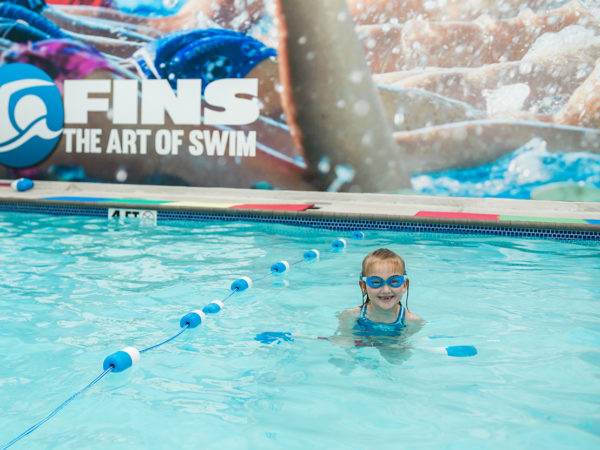Playing in the water and swimming is fun, for most people, but sometimes children are what we call “reluctant swimmers.” The name says it all: they’re extremely hesitant of swimming or going anywhere near water. It may be out of a fear of water in general, or it may be because they don’t know how to swim. This is entirely normal and nothing you or your child should be ashamed of. And remember, there is a path forward for kids with a fear of swimming or confidence issues. Swimming lessons can provide the structured environment they need to learn proper swimming techniques and become more comfortable and confident in the water. But before we get there, here are a few things parents can do to lower their child’s guard and warm them up to the idea of taking swimming lessons.
1. Paint Swimming as a Fun Activity
Kids love fun, who doesn’t? They naturally gravitate toward fun activities, sometimes to the chagrin of their parents (to be fair, splashing around in the mud can be fun). If they’re exposed to swimming as a fun activity, they may be more interested in taking part.
2. Lead by Example
That’s right, parents! Your kids look up to you, and while they value your words, your actions have a far greater impact. That means you’ll need to suit up, jump in, and show, rather than tell your child the water is a great way to cool off and a perfect place to play. If your child sees you swimming around and having fun, you can begin to build their confidence when it comes to swimming.
3. Go Swimming Often
Work swimming into part of your family’s routine. If you dedicate yourself to taking your whole family to the pool at least once per week, and your child is able to spend more time around the water, they’ll begin to see it as another fun and physical activity.
4. Suggest Swimming Lessons
There’s nothing that builds confidence more than learning the correct way to do something and swimming lessons is no exception. Lessons taught by an instructor can also be met with less resistance from a child, compared to lessons from their parents. It also helps being surrounded by peers with the same amount of swimming experience, rather than older siblings who already know how to swim, or younger ones who need more hands on attention.
5. Celebrate Achievements
Swimming is a great way to build confidence in your child, and it all starts with that first dip of the toe. Make a big deal about every major milestone your child reaches in the pool. Take them out for a treat if they’re able to slowly make their way onto the stairs. Reward them after their swimming lesson. Talk with the instructor about their progress and reinforce the excitement about reaching milestones and participation. Many child development studies show when children learn to swim, they develop increased coordination and an appreciation for a new, fun, activity. But again, it starts with that first dip.
When your child is ready to start swimming lessons, we’d love to be part of the process. Reach out to FINS today and register your child for one of our upcoming learn to swim programs or contact us with any questions.





